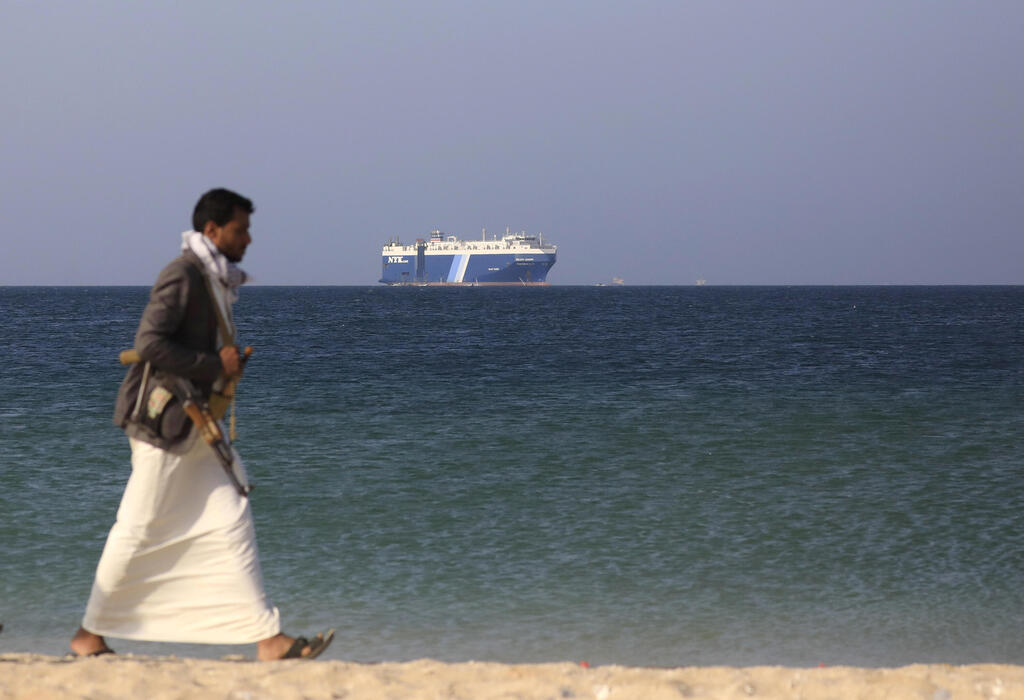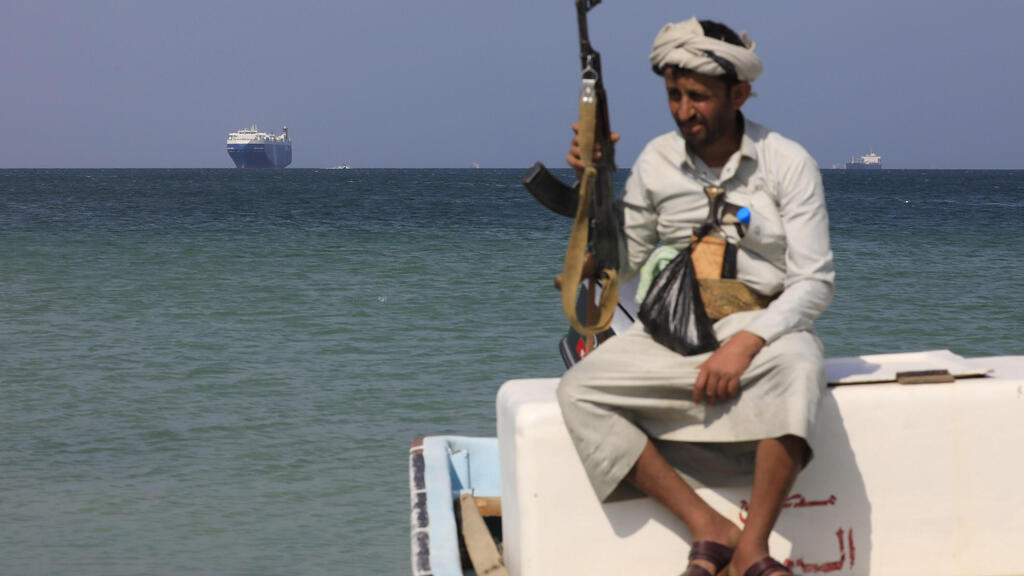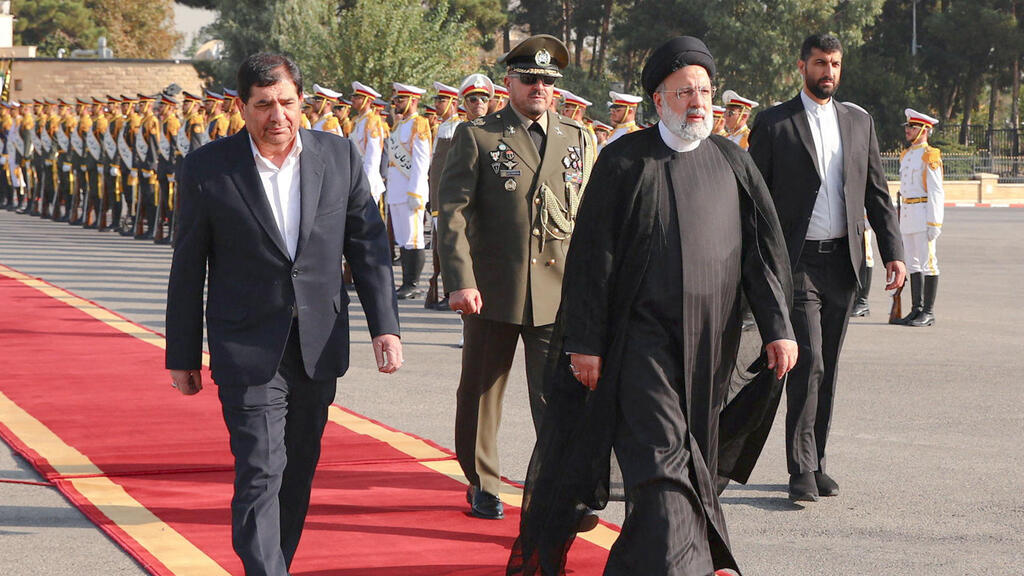Getting your Trinity Audio player ready...
As the drumbeat of battle is heard already in the Red Sea, The United States was reportedly seeking to form a military coalition to fight against the Iran-backed Houthi terrorists. The Houthis have been disrupting the passage of ships from the Far East through the Bab el Mandeb Straits and on to the Mediterranean Sea, but it is hard to see who would take part in such a coalition.
More stories:
Saudi Arabia had only just ended eight years of failed war, at the head of an Arab coalition fighting the Houthis. At first their fight was viewed by the international community, as just because they were battling a terror group that was backed by Iran and threatened to take control of Yemen and disrupt the world economy by targeting maritime trade routes.
Saudi Crown Prince Mohammad Bin Salman took advantage of the world's support to advance his brand as the leader of the Arab world in the fight against Iran. But over time, initial successes in the war, turned into catastrophe.
Like the Hamas terrorists in Gaza and ISIS in Iraq and Syria, The Houthi terrorists hid in bunkers and underground tunnels leaving hundreds of thousands of Yemeni citizens to fall victim to bombings. Soon the outcry against Saudi "war crimes," grew and MBS was blamed.
The Houthis not only survived the bombings but expanded their hold to more territory in the north and west of the failed and war-torn Yemen. Since the coalition's dissolution, the UAE has been left alone to fight the war.
Early in 2023, Saudi Arabia capitulated and turned in a new direction. First it mended fences with Iran and then signed a cease-fire agreement with their proxies.
When six months later the war in Gaza began, the Houthis started to attack ships it claimed were heading to Israel. Now the Saudis and the UAE are concerned that the efforts of appeasement would fail, amid Houthi threats warning them to stay out of an American formed coalition. Those are not seen as idle threats after the Houthis fired missiles and attack drones at the Saudi capital and the holy city of Mecca as well as attacking Saudi Arabian Oil Group (Armco) oil instillations.
The U.S. efforts to form a coalition face serious challenges. Israel cannot be a part of such a military force because its participation would prevent Arab nations from joining. Saudi Arabia has already said it would not take part in the effort and although the UAE has not yet commented publicly, its participation would likely cause a crisis in the all-important relations with Riyadh.
3 View gallery


Armed Houthi fighter walks through the beach with the Galaxy Leader cargo ship in the background, seized by the Houthis
(Photo: Ahya Arhab / EPA)
Egypt could be a possible partner because it is most impacted by maritime traffic diverting from the Suez Canal. Cairo also has a history of objecting to Iran and its proxies. But other countries may also decide to partner in the coalition, because of the financial cost of the Houthi attacks on trade routes, including Qatar and perhaps even China. When Iran plays with fire, by allowing the Houthis to behave like sea pirates, it not only advances Western navies to the Red Sea, it also runs the risk of causing some of its own allies, economic harm if they would have to sail around Africa to transport their goods.
Washington would be wise to study the reasons behind the Saudi coalition's failure in the war against the Houthis. The first lesson to be learned is that there is no way to win a war from the air alone. The Yemeni forces who fought against the rebels on land, with Saudi backing, were weak and insufficiently trained. The U.S. led coalition against ISIS succeeded very much thanks to the dedication of the Kurdish forces who were well trained by the Americans.
 Dr. Yaron Freidman
Dr. Yaron FreidmanSaudi concerns over the chances of a military coalition formed by the U.S. to defeat the Houthis are understandable. They fear the effort could cause an all out war and insist that the only way to succeed would be to go after the mullah regime in Iran and not after its proxies, as Hezbollah's hold in Lebanon and the Shi'ite militias' presence in Syria and Iraq have shown. Failing that, they fear the West and its allies would be treating a cancerous tumor with no more than Tylenol, all be it, the extra strength version.
Dr. Yaron Friedman is a researcher of Shi'ism and the Alawi sect and a graduate of the Sorbonne University in Paris




